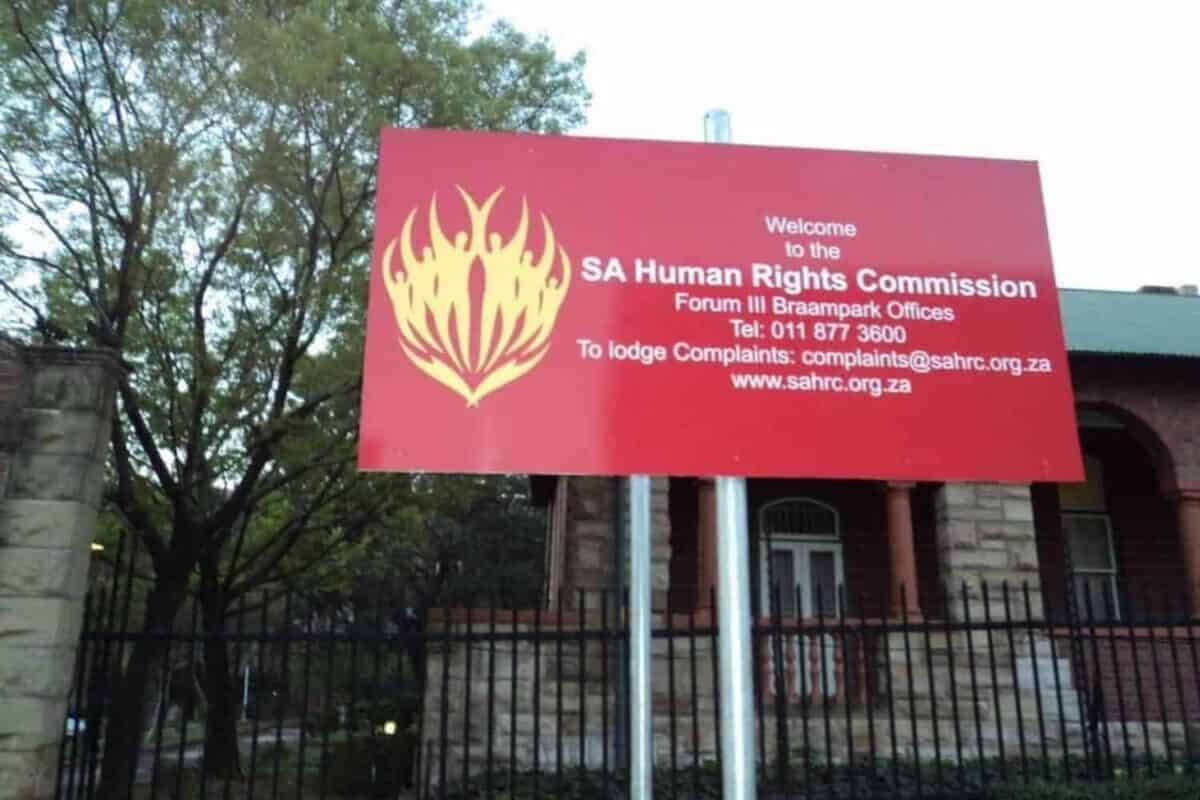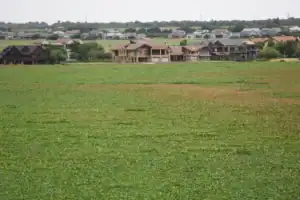The SAHRC is accused of failing to address long-standing discrimination claims despite acknowledging racial inequalities in land leasing.

The South African Human Rights Commission’s (SAHRC) investigation into alleged racial discrimination in the allocation of land along the Hartbeespoort Dam shoreline has ended not with resolution, but rejection.
Complainants accuse the commission of dishonesty, deflection and failure to fully address their complaint, despite the report’s damning findings that black applicants were sidelined for more than a decade while white occupants retained and, in some cases, expanded access to prime state-owned land.
Report confirms discrimination but fails to satisfy complainants
The commission’s final report, released yesterday, acknowledges that complainants were subjected to unfair discrimination based on race.
It details a pattern of exclusion, unequal treatment and lack of institutional protection.
Yet the Hartbeespoort Community Development Initiative, led by Mmeli Mdluli, has dismissed the report outright.
“We submitted about 400 pages to make our case but my feeling is that they have not considered the entire submission,” Mdluli said.
“They were probably overwhelmed by the voluminous submission and opted for a public participation.”
Community disputes the commission’s handling of evidence
He insisted the findings rest on public participation, rather than the evidence submitted. The complaint was first lodged in April 2019 and investigated by then North West manager Osmond Mngomezulu.
ALSO READ: SAHRC exposes racial bias in Hartbeespoort land leases
When he resigned in 2021, the matter stalled. In early 2023, Mdluli approached the Competition Commission, which referred the issue back to the SAHRC.
He rejects the commission’s framing that the current investigation pertains only to a 2023 complaint.
“When they now say I submitted in 2023 it’s not true,” he charged.
For him, the timeline dispute is not administrative detail but erasure of lived experience: seven years waiting for a lease while white applicants were issued theirs.
Correspondence between parties escalates tensions
The commission’s correspondence has further inflamed tensions.
In October, North West manager Shirley Mlombo acknowledged receipt of submissions but warned complainants not to attempt to influence findings, citing the SAHRC Act, which makes such conduct an offence punishable by up to six months’ imprisonment.
Mdluli interpreted this as a threat, deflecting from the core issue: the commission’s failure to properly investigate the original complaint.
“I took this as a threat that I should not follow up in this matter,” he said.
ALSO READ: Here is how many complaints and enquiries the SAHRC finalised last year
SAHRC defends process and outlines investigation history
SAHRC spokesperson Wisani Baloyi defended the process, stating that a similar complaint was registered in 2019-2020 and finalised in September 2021.
A new complaint was registered in 2023, hence the current investigation.
“There has, therefore, been no attempt to be derelict of its duties in terms of the constitution, the SAHRC Act,” Baloyi said.
He added that Mdluli was updated and invited to a subpoena hearing but did not attend.
DWS reviews findings and works on directives
The department of water and sanitation (DWS) is still studying the report.
However, the DWS said it has acted on some of the directives and there is an ongoing process to finalise the remaining ones.
The process of addressing some of the directives is running parallel with a multi-stakeholder steering committee led by Deputy Minister of Water and Sanitation David Mahlobo to look into different issues affecting the stakeholders operating their businesses on state-owned land around Hartbeespoort Dam, as well as residents around the water resource.
DWS also reiterated its commitment to addressing the challenges on its lease managements, ensuring all actions uphold the constitutional principles of equality and fair administration of justice.
NOW READ: Nsfas chair resigns over threats, racism and intimidation
Support Local Journalism
Add The Citizen as a Preferred Source on Google and follow us on Google News to see more of our trusted reporting in Google News and Top Stories.








